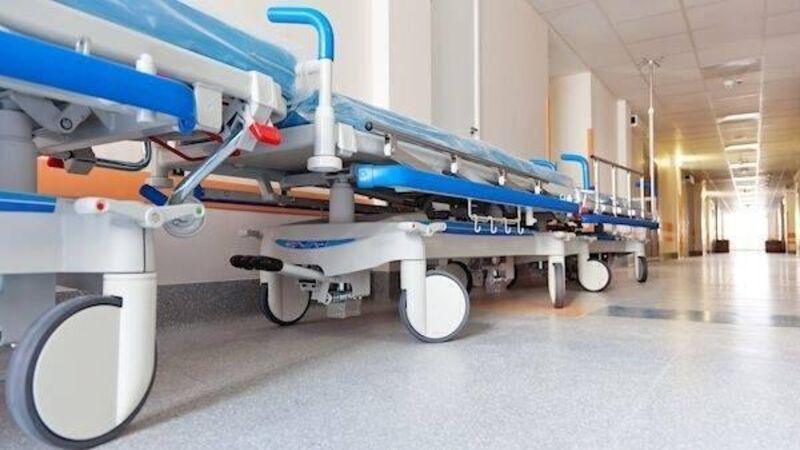Overcrowding in hospital emergency departments 'not inevitable', says Hiqa

Hiqa found despite improvements in some hospitals, that the environment in 80% of emergency departments inspected did not respect “the dignity, privacy and autonomy of patients using the service”.
Overcrowding in hospital emergency departments compromises the dignity and respect of patients but it is not inevitable as some hospitals avoid this, the Health Information and Quality Authority (Hiqa) has said.
Despite the difficult conditions, patients praise the care healthcare staff offer, an overview report by the health watchdog states.













